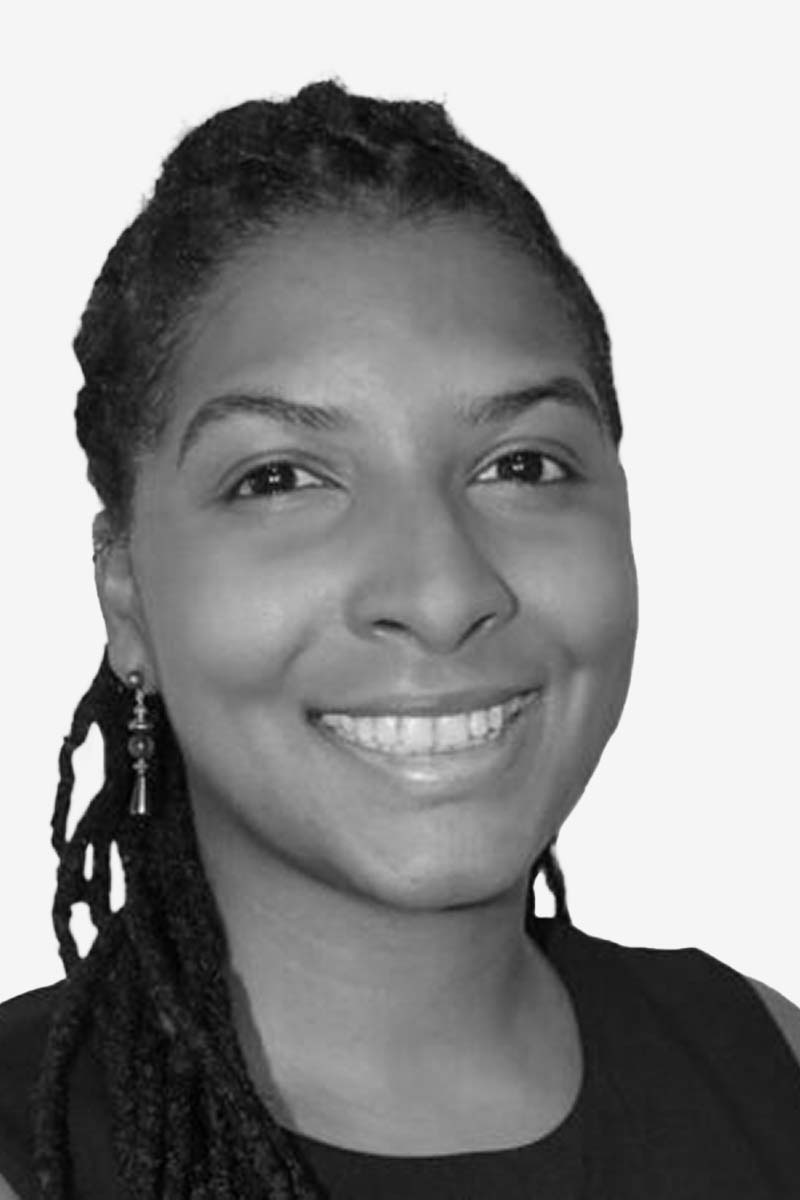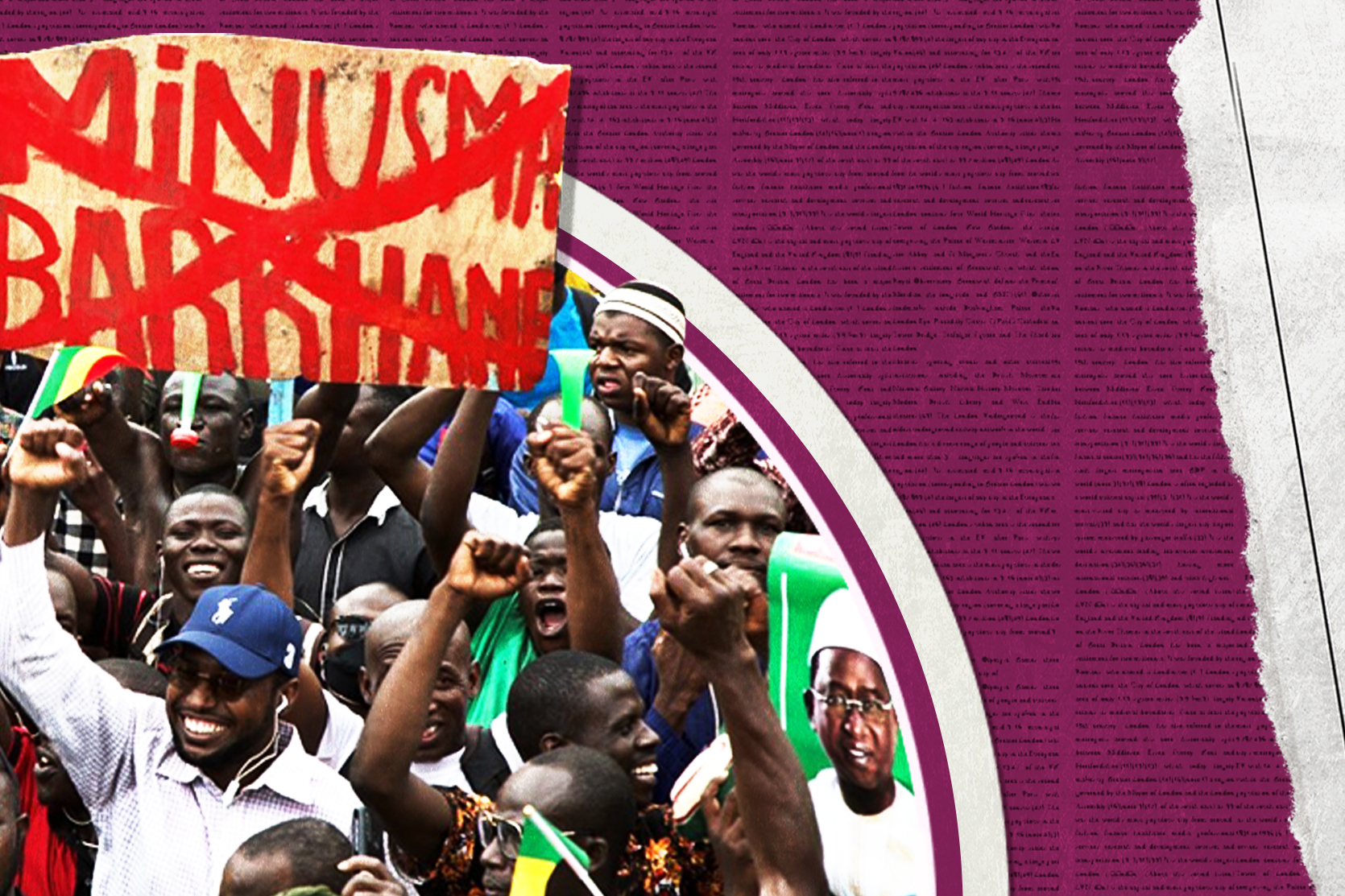Many of Africa’s most significant challenges today are at their core political in nature, with policies developed in response centering on the incentives and priorities of the elite political class at the geopolitical, national and subnational level. The Sahel is a cruel microcosm of these dynamics.

Bethany McGann
BETHANY L. MCGANN serves as research and project manager for the RESOLVE Network, the research component of the Countering Violent Extremism team within the Center for Applied Conflict Transformation at the United States Institute of Peace. Her research focuses on issues of hybrid security governance and non-state actors in sub-Saharan Africa. She has led the design and implementation of multi-year desk and field studies funded by the United States Agency for International Development, which have focused on Sahelian sub-state hybrid armed actors, militias and local security assemblages. She contributed the Africa paper for the 2019 West Point Student Conference on US Affairs. Her most recent research was cited in New America’s 2019 Annual Terrorism Assessment. Bethany holds a Master’s in Security Policy Studies from George Washington University’s Elliott School of International Affairs, and a Bachelor’s in Government and International Affairs from Smith College. (The views in this publication are those of the author. They do not necessarily reflect the views of the RESOLVE Network, its partners, the United States Institute of Peace, or any American government agency.)

Bethany McGann
BETHANY L. MCGANN serves as research and project manager for the RESOLVE Network, the research component of the Countering Violent Extremism team within the Center for Applied Conflict Transformation at the United States Institute of Peace. Her research focuses on issues of hybrid security governance and non-state actors in sub-Saharan Africa. She has led the design and implementation of multi-year desk and field studies funded by the United States Agency for International Development, which have focused on Sahelian sub-state hybrid armed actors, militias and local security assemblages. She contributed the Africa paper for the 2019 West Point Student Conference on US Affairs. Her most recent research was cited in New America’s 2019 Annual Terrorism Assessment. Bethany holds a Master’s in Security Policy Studies from George Washington University’s Elliott School of International Affairs, and a Bachelor’s in Government and International Affairs from Smith College. (The views in this publication are those of the author. They do not necessarily reflect the views of the RESOLVE Network, its partners, the United States Institute of Peace, or any American government agency.)
Why interventions in African conflicts must be aware of hybrid political orders
Many of Africa’s most significant challenges today are at their core political in nature, with policies developed in response centering on the incentives and priorities of the elite political class at the geopolitical, national and subnational level. The Sahel is a cruel microcosm of these dynamics.








